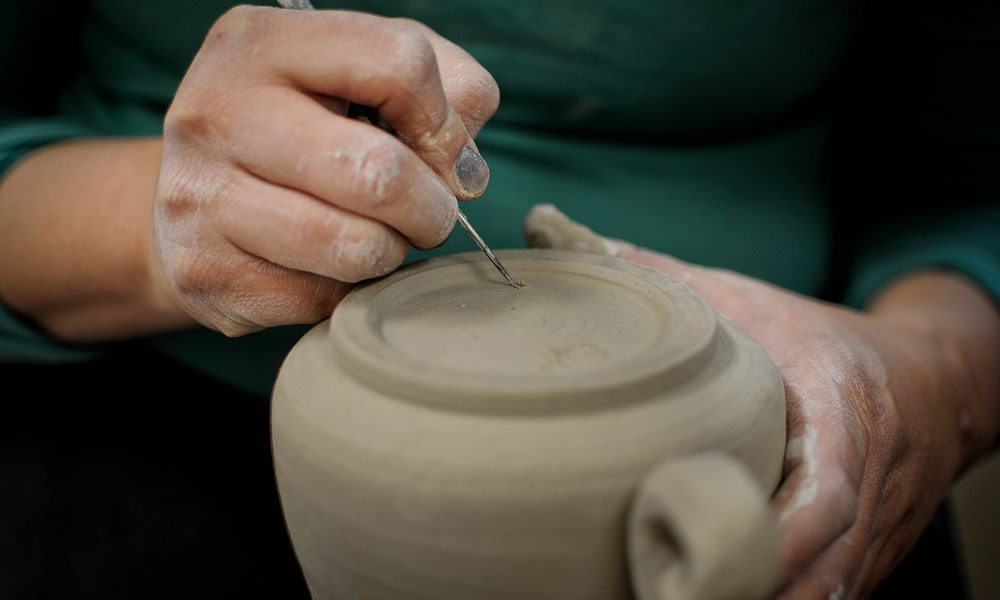
City-Based Manufacturing Groups Promote Their Economic Might
A recent campaign by the trade group Made in NYC is seen as a model for other organizations looking to attract businesses---and favorable zoning rules.
Big manufacturing groups cast a long shadow when it comes to lobbying and promoting their hefty role in the American economy. But with the rise of maker culture, artisanal crafts, and locavores across the country, small, city-based manufacturing associations have been flexing their muscle too, arguing that you don’t need a large plant in the suburbs to make an economic impact.
This spring, Made in NYC, a trade group of 5,700 small and medium-sized manufacturers based in New York City, launched a marketing campaign to promote the value of those businesses. But Made in NYC, which has the financial support of the Pratt Center for Community Development the New York City Council, is also seen as part of a wider effort to promote small-scale industrial work.
“We’re seeing a lot of interest in how this can be replicated,” Lee Wellington, executive director of the Urban Manufacturing Alliance, told the New York Times.
The Urban Manufacturing Alliance wants to “create a stronger relationship between the consumer market in these cities and the maker movement.
The very existence of UMA, a group of city-based manufacturing organizations, points to the growth of the trend. In the past five years, such groups have sprung up in San Francisco, Portland, Cincinnati, Seattle, and elsewhere, taking advantage of Americans’ growing interest in locally sourced products. Indeed, according to the National Association of Manufacturers, 98 percent of the 256,000 manufacturers in the United States have fewer than 500 employees—and 75 percent of those have fewer than 20.
That’s a big chunk of a $2 trillion economic sector. But Made in NYC’s campaign isn’t just a soft advertising push, according to Wellington. There’s an advocacy element to the campaign, encouraging consumers to welcome industrial businesses in increasingly residential neighborhoods. In San Francisco, for instance, SFMade promotes workshops for apparel businesses looking to understand zoning, permitting, and other legal issues.
“That’s an important element to this whole movement,” she says. “It creates a stronger relationship between the consumer market in these cities and the maker movement.”
The organizations are also unique in their blending of business members, public-sector support, and public outreach. Seattle Made sells gift cards good at member businesses; First Batch, a small-business incubator supported by Cincinnati Made, is partly funded by a $50,000 Small Business Administration grant it received last August.
And the Made in NYC promotional campaign is funded by $750,000 from the New York City Council, according to the Times, with an emphasis on getting the public’s attention. The campaign involves old-fashioned billboards and subway ads throughout the city as well as targeted social-media ads and gamified promotions online.
“We felt we needed to be on the street and in front of people,” said T.J. McCormick of Eyeball, the digital marketing firm working with Made in NYC.





Comments